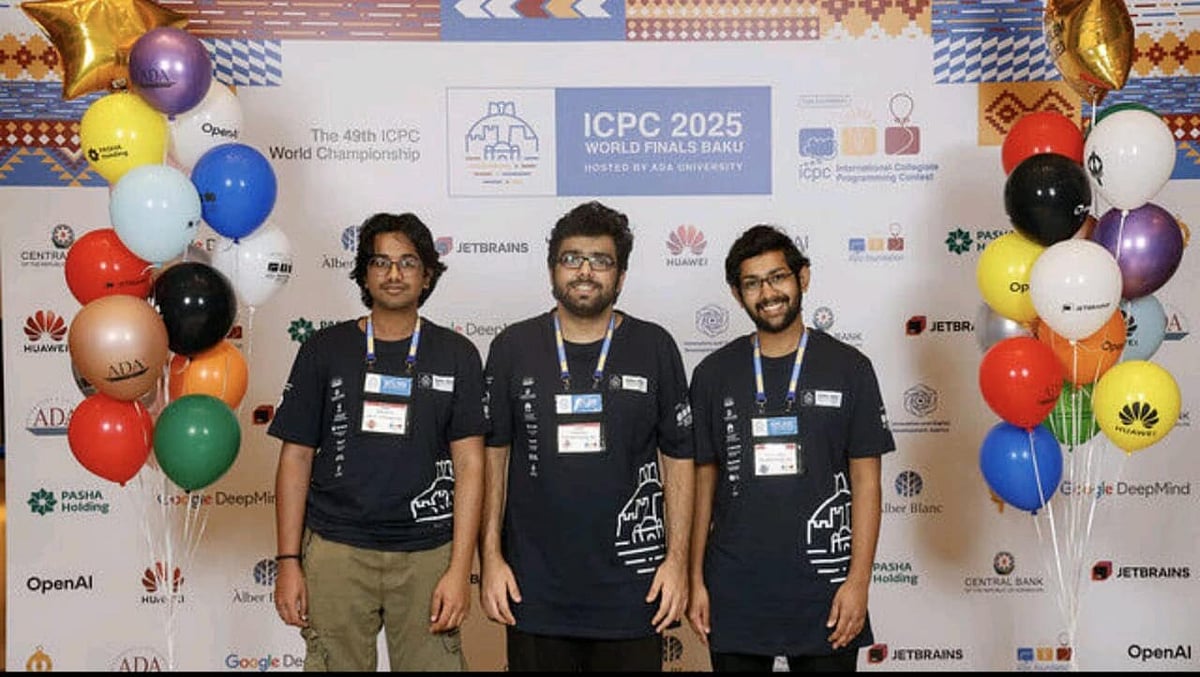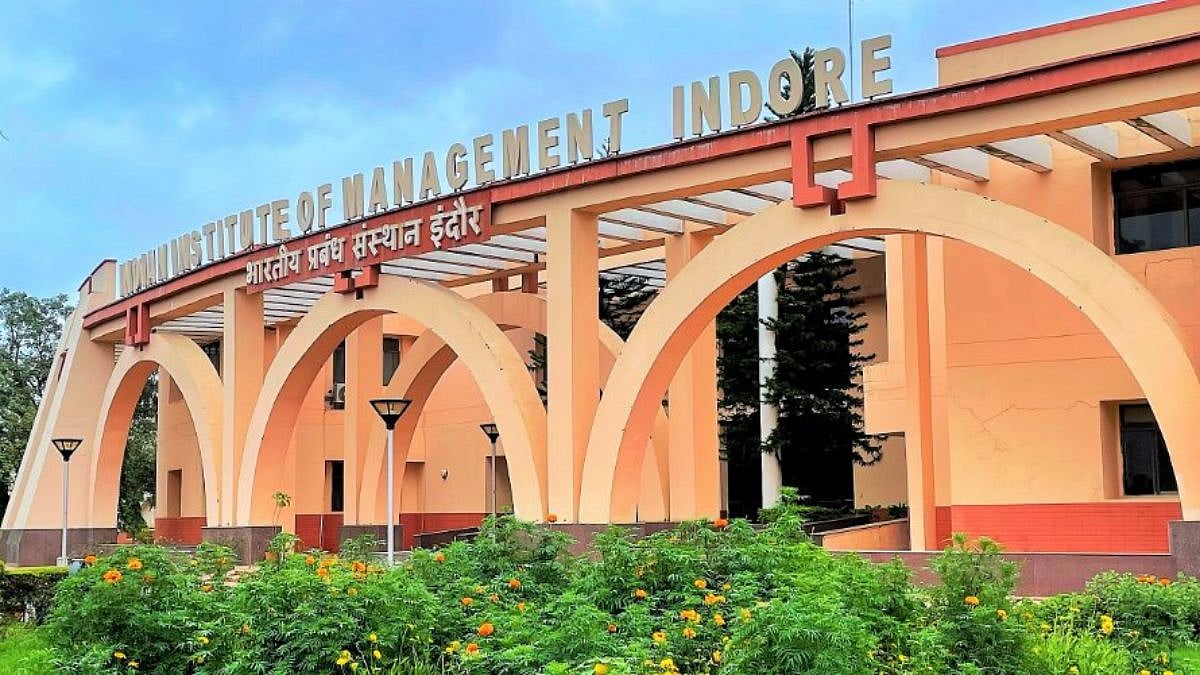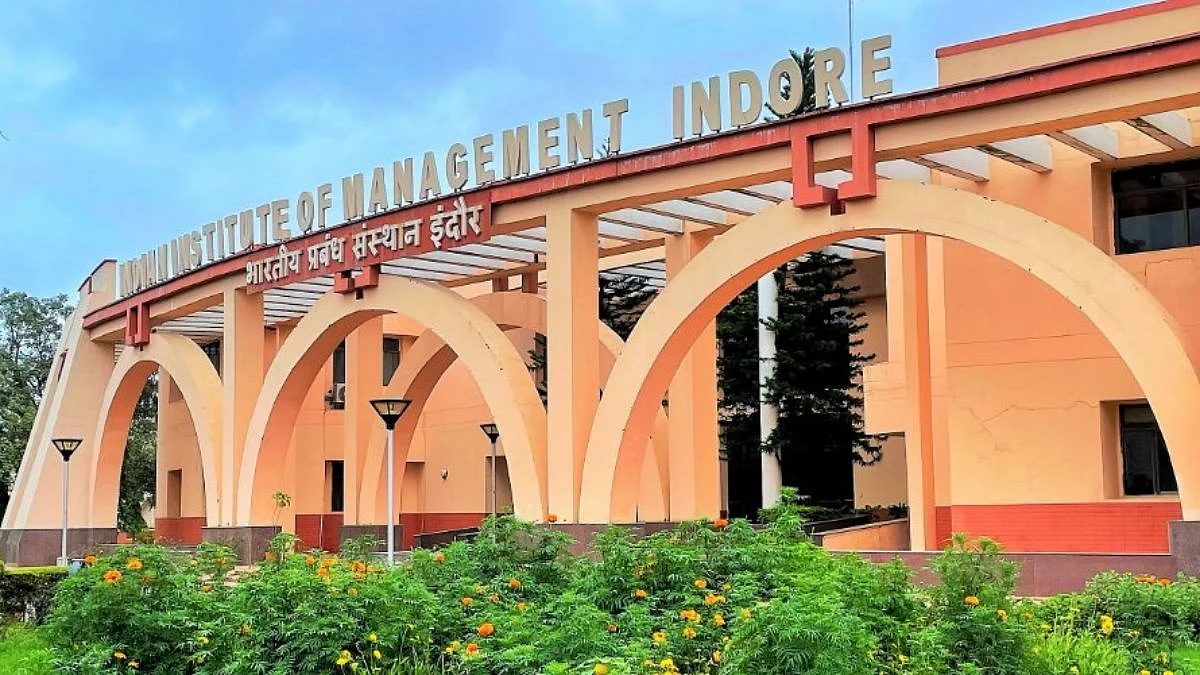Indore (Madhya Pradesh): A study by Indian Institute of Management Indore has found that small farm business decisions are not solely driven by financial gain but are profoundly influenced by an emotional and symbolic attachment to a specific place.
The paper, ‘Tied to the land: How resource redeployment and place identity shape each other in a small farm business,’ co-authored by Prof Kajari Mukherjee of IIM Indore has published in Journal of Rural Studies.
‘The finding provides a new framework for understanding the complex motivations of small business owners and offers critical insights for managers across various sectors,’ Mukherjee said.
The study drew from a rare 60-year longitudinal case analysis of a family-owned Finnish farm, challenges the conventional view of resource management as a purely rational, economic exercise.
Instead, it revealed a dynamic interplay between a business’s assets and the owner’s sense of place identity. Resource redeployment, which is the strategic shift of assets from one purpose to another, is shown to serve a dual function.
‘It is used not only to respond to market pressures and secure profitability, but also to reaffirm and protect the business owner's identity, which is deeply rooted in the land and its history.
This means that a manager might forgo a seemingly profitable opportunity if it threatens the core identity of their business or their connection to the place,’ Mukherjee said.
For managers, the research has significant implications for strategic planning, particularly in sectors where the business is inseparable from its physical location, such as family farms, local shops and boutique manufacturers.
It suggests that leaders must move beyond a narrow focus on financial metrics and consider the non-economic, emotional drivers that shape choices.

A strategy that fails to account for the owner's place identity may face strong resistance or lead to unintended consequences. Effective management, therefore, requires a holistic approach that balances economic viability with the preservation of symbolic values.
Furthermore, the study highlighted that place identity is not a static concept, but a fluid one that evolves over time through active decisions and changing contexts. This dynamic is powerfully illustrated by the farm's transition from traditional agriculture to a tourism-focused business.
This strategic shift not only addressed market needs but also redefined the meaning of the place itself, making it more accessible and meaningful to a wider audience. However, this transformation was not without its challenges, as initial resistance from local residents revealed the complexities of shifting identities.
The community's eventual acceptance highlights the resilience required to navigate these changes. This dynamic process underscores a key finding: many family firms prioritise non-economic goals, a concept known as socio emotional wealth.
This means decisions are often guided by deep emotional ties and a desire to preserve family legacy and continuity, rather than just profit.
Ultimately, the farm’s success in balancing its tourism operations with a connection to its agricultural roots, for example, through niche organic cattle production, demonstrates how leaders can honour their heritage while strategically preparing for future growth.
The research offers a crucial reminder that for many small businesses, success is not just measured in financial gain, but in the enduring connection to a shared sense of place.
Conducted by a collaborative team of researchers from IIM Indore, LUT University and ESADE Business School, this study forwards a deeper understanding of entrepreneurial strategy and management in small enterprises.






.jpg)



